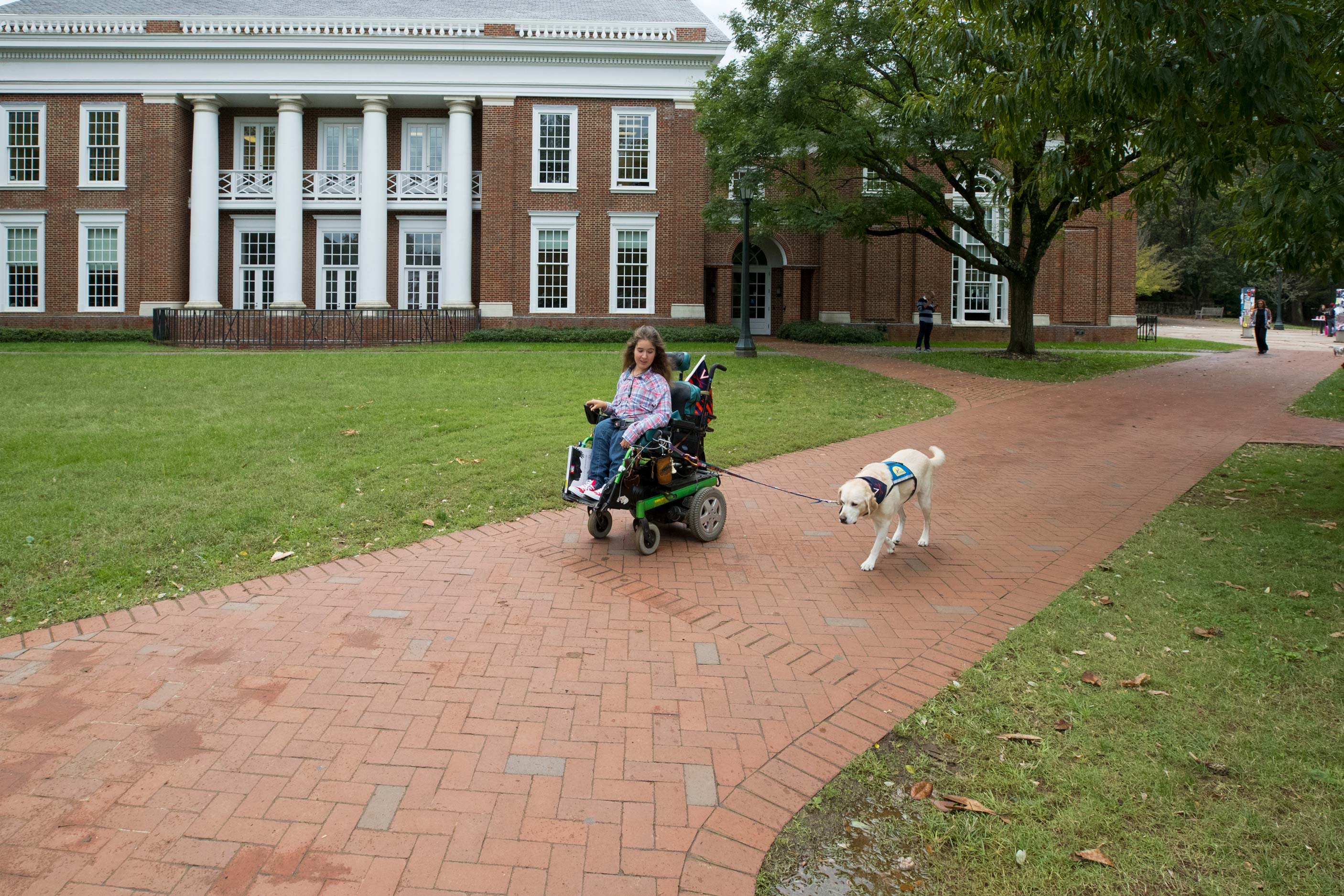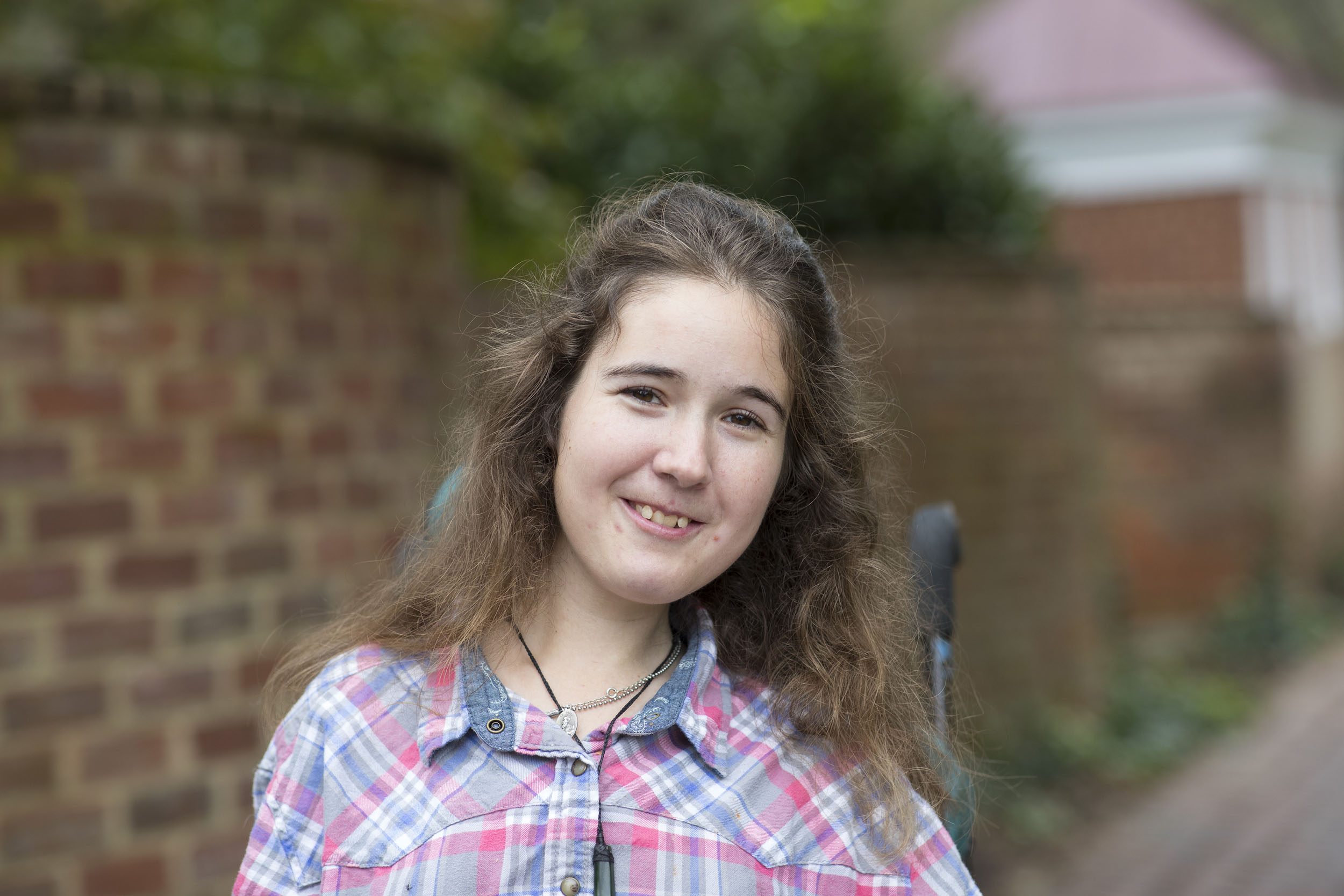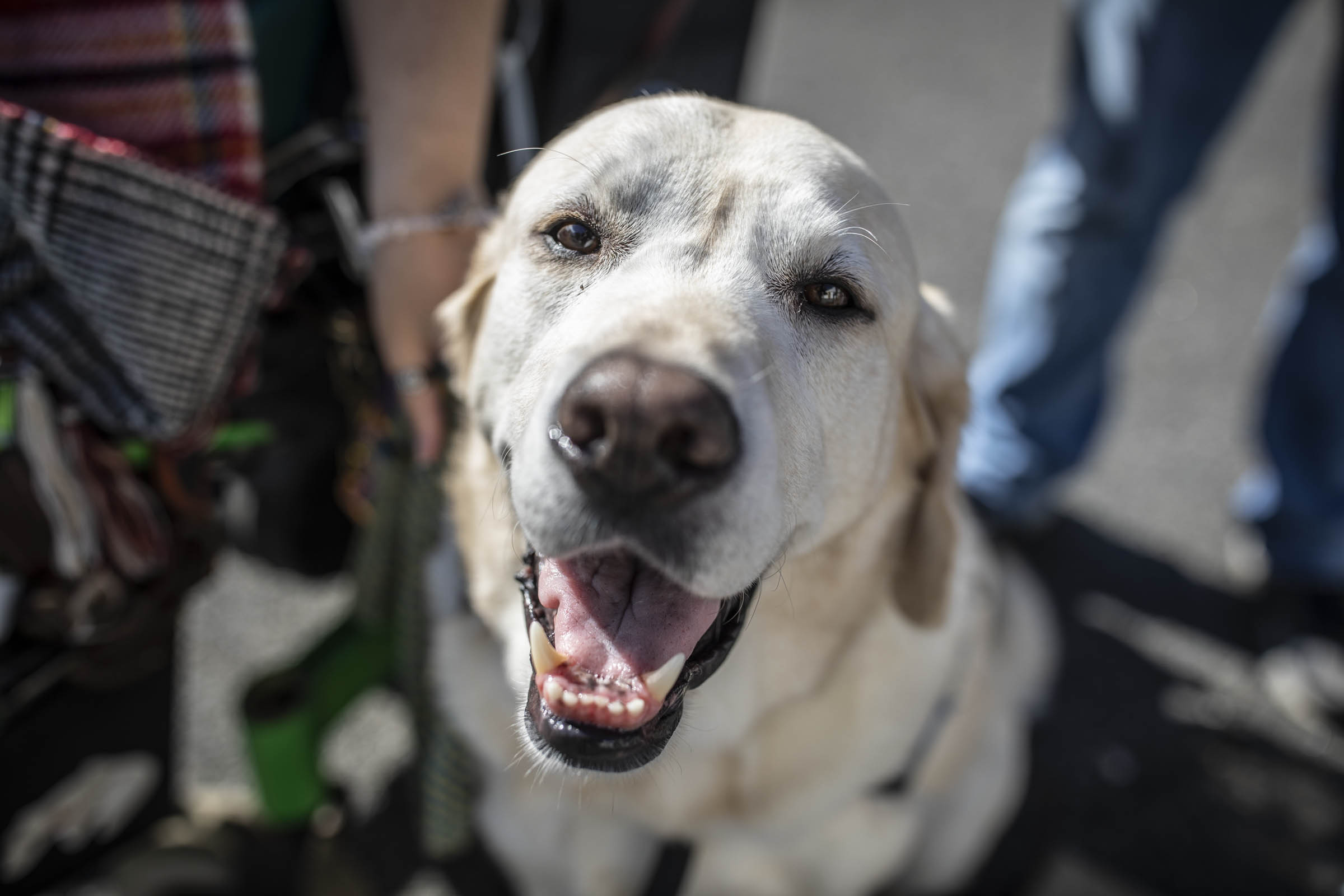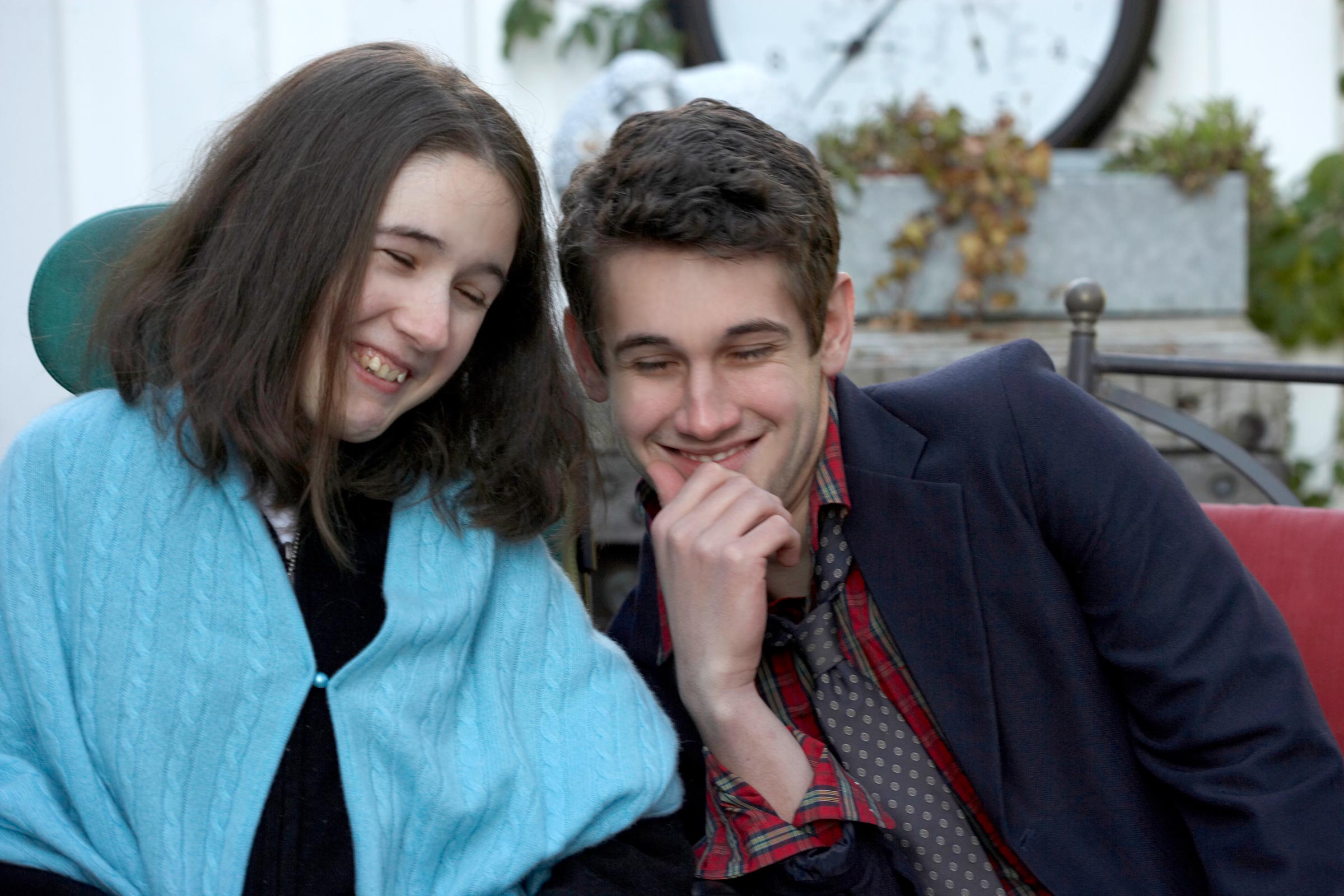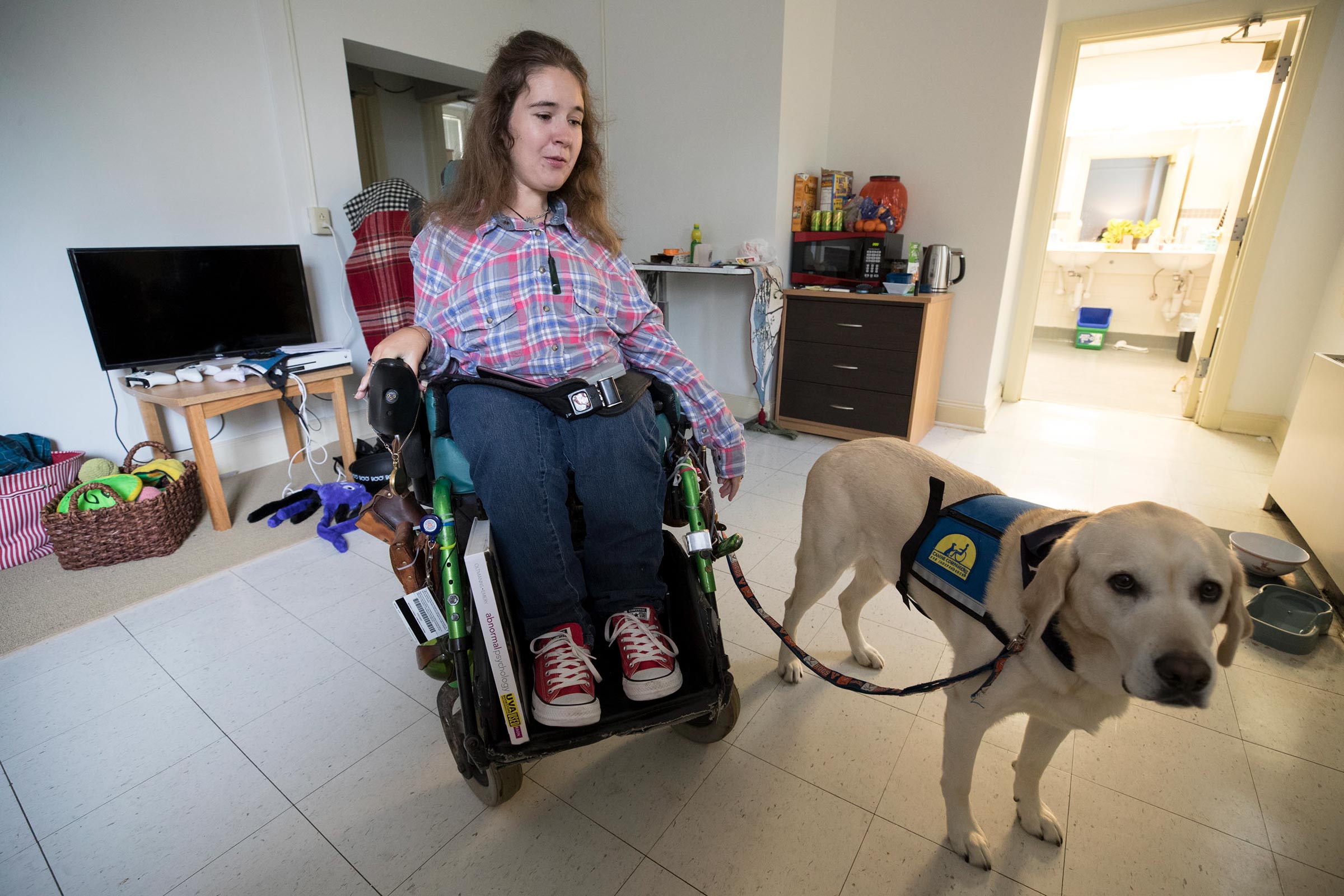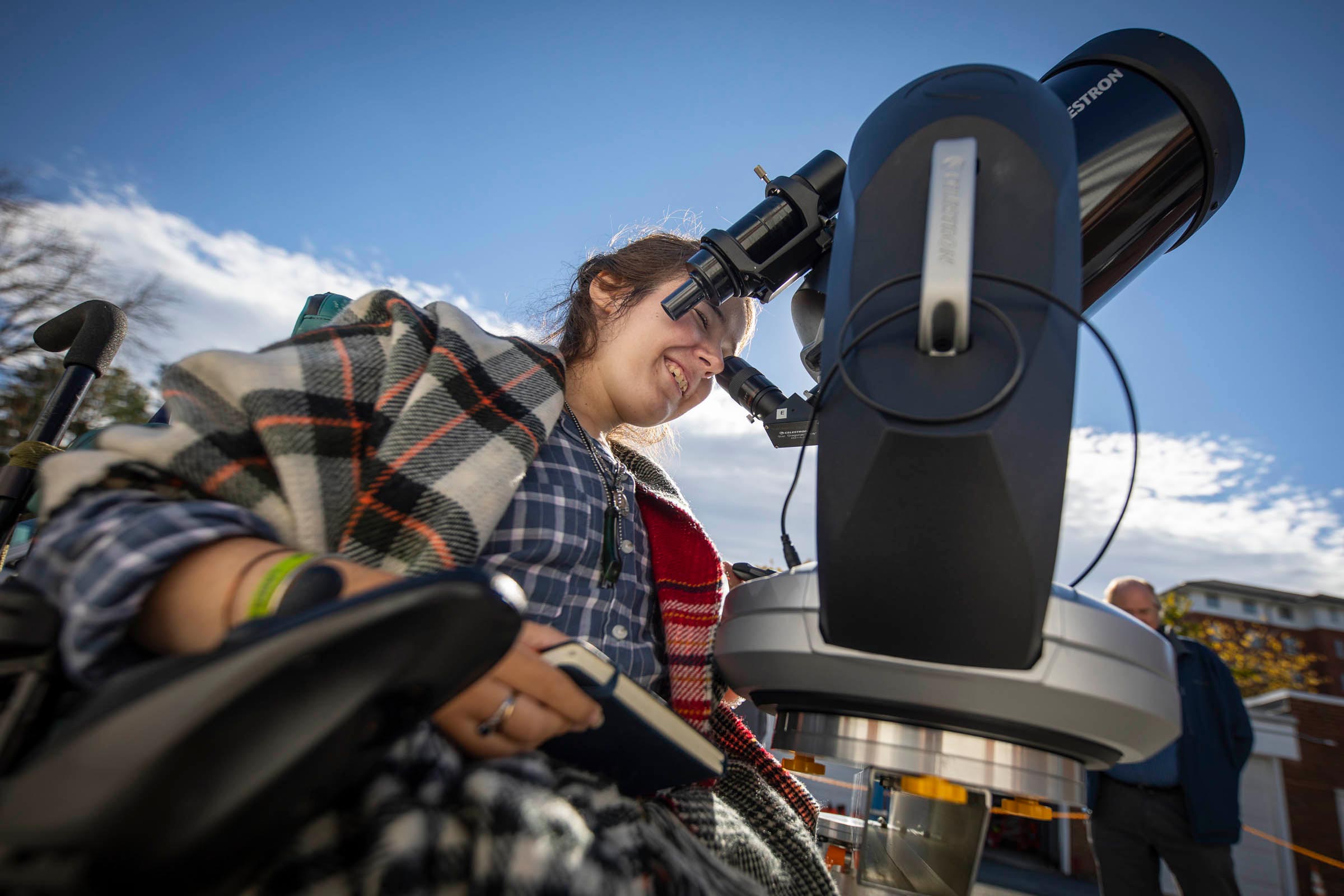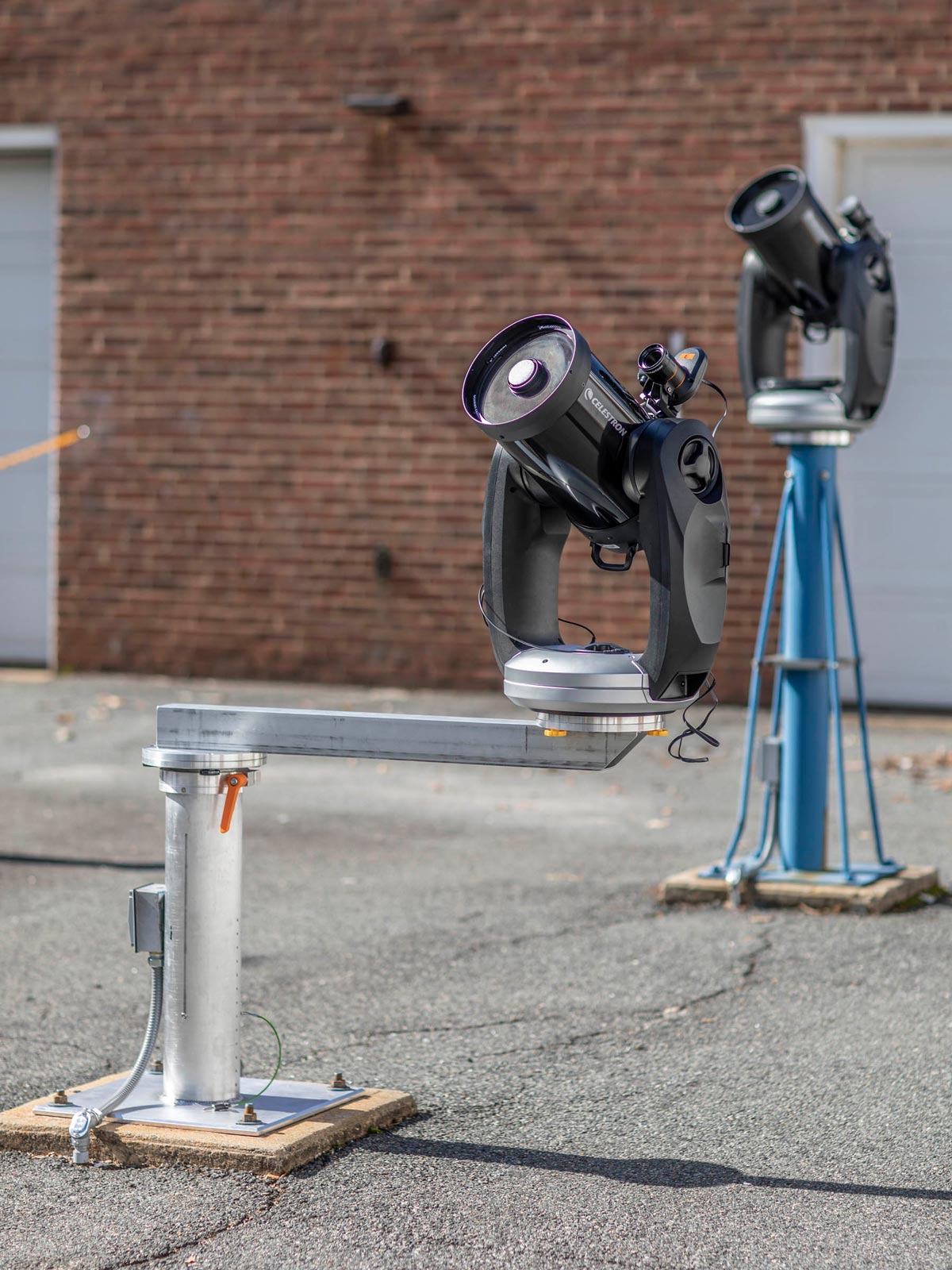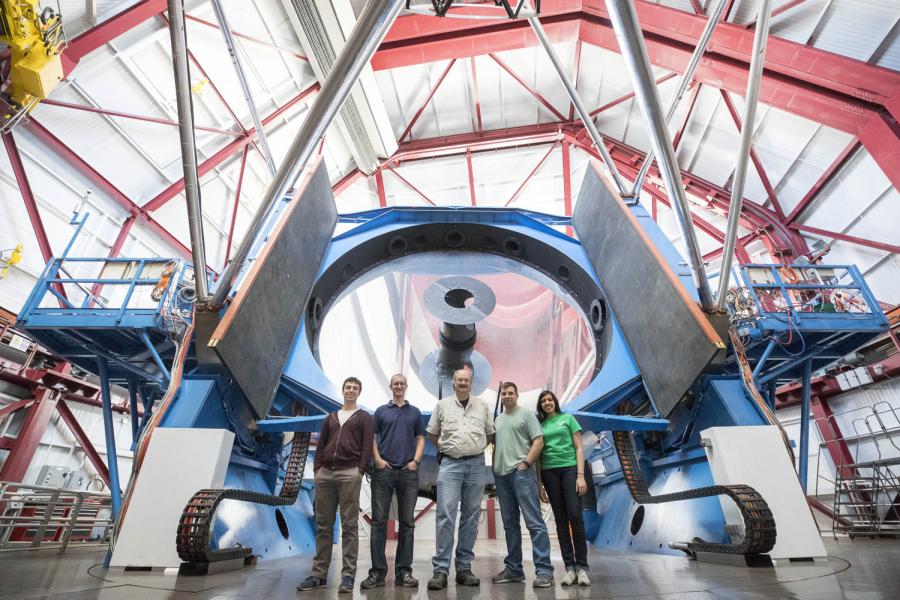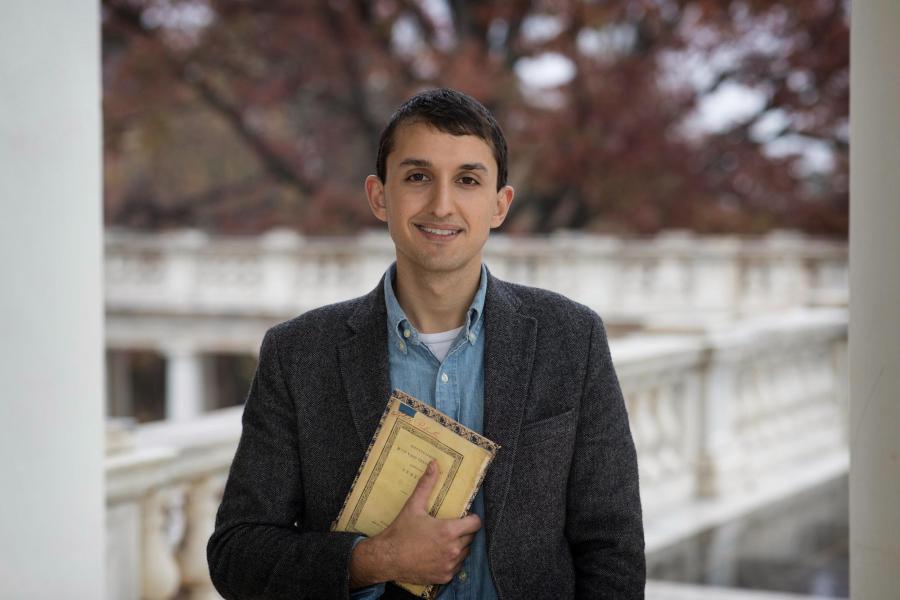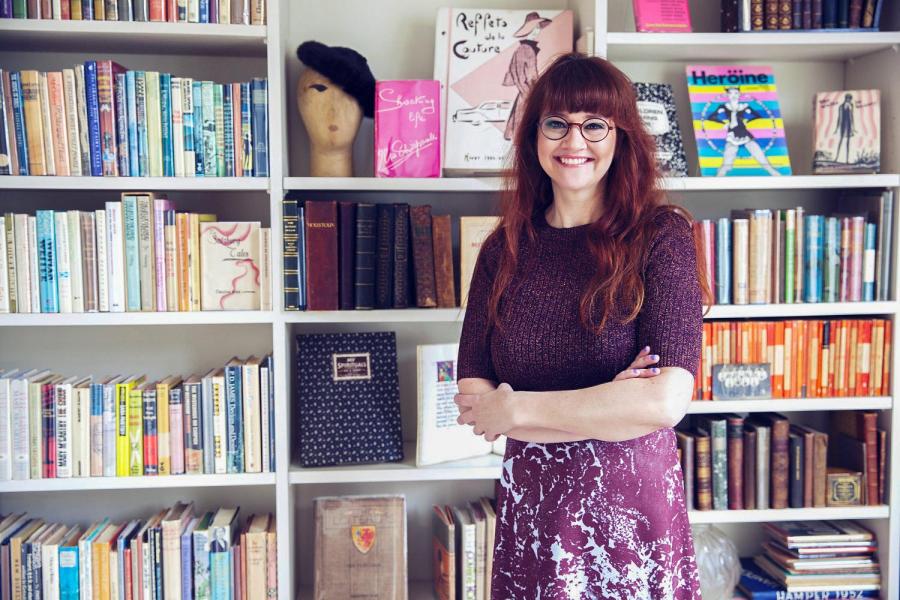Students typically stand to look through the telescopes, but Megale could not reach the viewfinder. Majewski and his team created an adjustable metal arm to support the telescope, allowing Megale to roll her chair directly up to it and take a look. The device is available for any student to use.
“They did all of this measuring, designing, labor and installation for free,” Megale said. “It’s really awesome.”
“We wanted very much to accommodate Shea, and any student in a similar situation,” Majewski said. “It was great to be able to work with Shea to think through the problem, and to find a way to encourage her and help her keep pursuing astronomy.”
He praised Megale’s enthusiasm in his class, and her willingness to ask and answer questions.
“She is completely undaunted, and a wonderful, active student,” he said.
However, as much as she enjoys her classes, perhaps the most important lesson Megale has learned at UVA is more general than astronomy and history.
“In high school and community college, I worried about every grade and point,” she said. “If I got a 98 instead of a 100, I would be mad at myself.”
UVA, she said, feels different. She still works hard, but she sees the intellectual value of all she is learning, rather than seeing each class as a step toward a perfect grade.
“For some reason, it feels different now. I am not obsessing over my grades,” Megale said. “I am looking forward to getting value out of what I am learning, rather than just valuing grades. That’s an important change, and one I didn’t necessarily expect.”
When she told one of her advisers about that change, Megale said, the woman began to clap.
“I was shocked at first,” she said. “But she was just happy that I felt that way, that I was here to join the intellectual community, more than anything else.”
It’s a community Megale hopes to get to know even better over time, building the kind of strong relationships that have inspired and sustained her as an author, an activist and a friend.
“I just want to add an invitation,” she said. “Anyone reading this, if they are struggling with isolation, with addiction, or just want someone to talk with, I am a writer, and I will write to them. If anyone wants to write to me, I’d be more than happy to have that connection.”
According to Shutt, Megale has already made a good start.
“Shea really connects with people,” Shutt said. “You can see it in her writing, but you can also just feel it when you are with her.”
